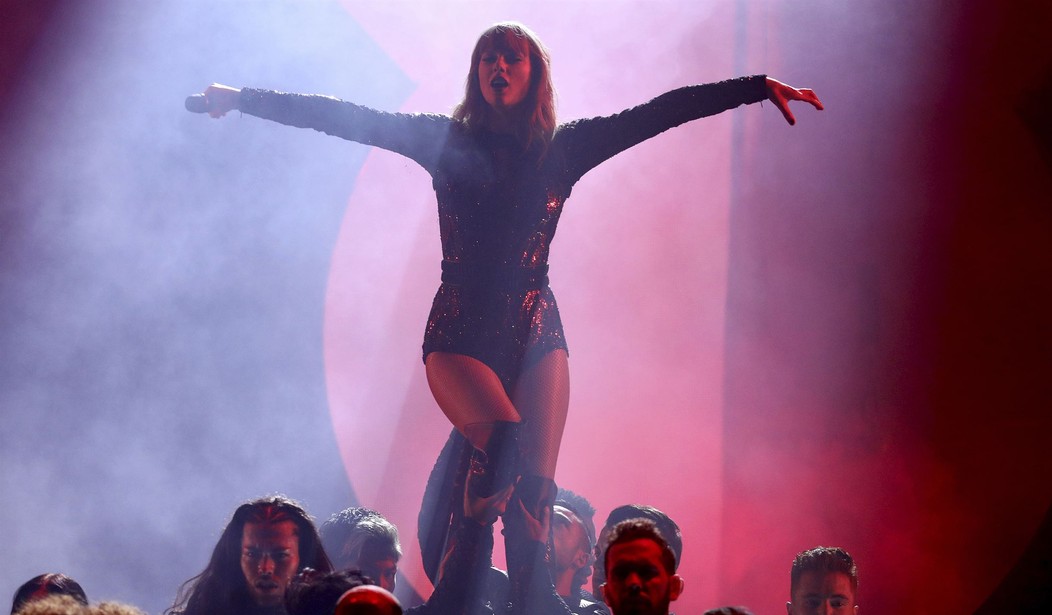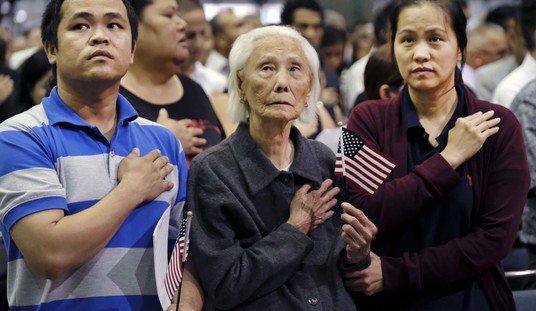While Republicans on the House Judiciary Committee are planning hearings on matters of consequence related to Americans’ constitutional rights, COVID origins and the US government’s potential role, and national security, Sen. Amy Klobuchar and Democrats in the Senate are prepping to debut their first Judiciary Committee hearing of the new Congress: “That’s the Ticket: Promoting Competition and Protecting Consumers in Live Entertainment,” focused on getting the nitty-gritty on who’s at fault for the extreme distress Taylor Swift fans experienced while attempting to purchase tickets for the superstar’s upcoming “Eras” tour, though Klobuchar’s already seemingly decided that Ticketmaster is at fault and that some kind of antitrust or consumer protection action needs to be taken. (Klobuchar’s been a big fan of using various parts of the government’s consumer protection bureaucracy to hammer corporations and legislate without having to go through the actual legislative process, as I wrote about here.)
For those who aren’t familiar with the controversy surrounding Ticketmaster/Live Nation and the sale of tickets for Swift’s tour, here’s what happened in a nutshell. On November 15, 2022, the first day of presale for the tour — Swift’s first since 2018 — there was what Ticketmaster described as “historically unprecedented demand” and the site was subjected to a “staggering number of bot attacks.” Two million tickets were sold that first day, though it took customers hours and many failed transactions to actually complete their purchases. The problems continued through a second day of presale available only to Capital One customers, and Ticketmaster was forced to cancel the general public sale on the first day due to “high demands on ticketing systems and insufficient remaining ticket inventory to meet that demand.” Tickets were quickly available at exorbitant prices on resale sites, though, so those bots were at least somewhat successful.
More than two dozen Swift fans who were unable to get tickets during the presale or general sale have since filed suit against Ticketmaster in Los Angeles County, claiming the company violated California’s Unfair Competition Law.
While there’s definitely something wrong with the way the ticketing and live entertainment industry operates (especially since for the most part the people doing the work are not the ones benefitting from record high ticket rates), it absolutely isn’t a topic that should be the subject of a Senate Judiciary Committee hearing. There are various solutions to at least some of the issues out there already, and there have been for years. Big artists just don’t want to use them, though, because it’s less money in their pockets.
Swift used Ticketmaster’s dynamic pricing model, in which prices vary depending upon demand. But if bot traffic isn’t dealt with, prices can artificially skyrocket. One industry expert, University of Chicago professor Eric Budish, told the Washington Post that,
The system that would be “most appropriate for an artist like Taylor Swift … is [to] set the price you think is a fair price and turn off the resale market,” he said. The way to restrict resale is to “put names on tickets,” very much like airline tickets — a system called “paperless ticketing,” he added.
Swift “could have chosen that, and she didn’t,” Budish said. “It would not be as profitable.”
Bruce Springsteen fans weren’t too happy with the way dynamic pricing worked when tickets for his next tour went on sale the next week, with prices on floor tickets jumping from $400 to $5000. Springsteen defended the model, saying that the people doing the work on the shows should be the ones to benefit rather than scalpers, and,
He said: “For the past 49 years or however long we’ve been playing, we’ve pretty much been out there under market value. I’ve enjoyed that. It’s been great for the fans.”
“This time I told them, ‘Hey, we’re 73 years old. The guys are there. I want to do what everybody else is doing, my peers.’ So that’s what happened. That’s what they did.”
“But ticket buying has gotten very confusing, not just for the fans, but for the artists also,” Springsteen went on to say. “And the bottom line is that most of our tickets are totally affordable. They’re in that affordable range.”
Both artists might have benefited from the Garth Brooks model, though. Years ago, Brooks instituted a number of practices in rolling out his tour announcements and ticket sales that have benefitted him financially and given the fans what they want.
Though Garth may symbolize the embodiment of the money hungry music performer to many, his comeback tour has made it possible for most all consumers to pay face value for tickets at a reasonable price, while eliminating the need for scalpers by scaling inventory to demand. When Garth Brooks announces a tour stop, he may begin with one or two shows, but if they sell out quickly, he may add additional performances, either as matinees or on additional nights. This way ticket supply stays ahead of the secondary market. It also allows Garth to book arenas as opposed to stadiums and other big venues where the sound and presentation aren’t as easily controlled.
Garth also didn’t announce all the dates for his comeback tour at once, or even separate legs of it. Instead, he announces cities he will be performing in one at a time, and as soon as performances sell out, additional ones are booked. By implementing this strategy, not only has Garth been able to keep ticket prices low for all of his fans, he also is able to rake in incredible profits, without the scalping industry skimming anything off the top due to secondary market sales.
Garth Brooks also doesn’t have what he calls a “golden bowl” at his concerts, or an area near the stage where tickets are more expensive. All tickets are of equal value, creating an even more equitable environment in the concert space. And to counteract scalpers, ticket holders all must present both an ID, and the credit card used to purchase the tickets when arriving at the venue, and all members of a party must be present and enter the venue at once. These simple procedures stop scalpers and counterfeiters in their tracks, and keeps the free flow of tickets to true fans unobstructed.
Of course, performers have to be willing to play more performances in a given city for the Garth Brooks model to work.
In 2016, the year that article was written, Brooks was the highest-paid country performer.
Other artists have created VIP experiences only available through their websites, or created days-long music festivals in tropical destinations where fans purchase an entire package including food, lodging, and concert tickets, thereby freezing out scalpers (such as the Hootiefest I attended in Cancun in January 2022).
It’s telling that Klobuchar, a likely 2024 presidential candidate, would rather focus on an issue that impacts a small number of people, many of them voluntarily, than address the critical issues facing all Americans.













Join the conversation as a VIP Member